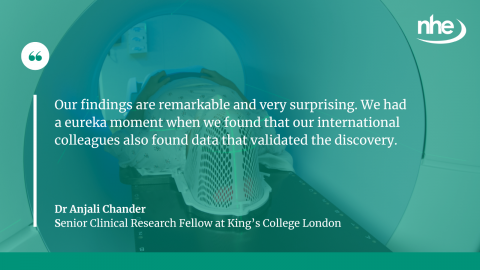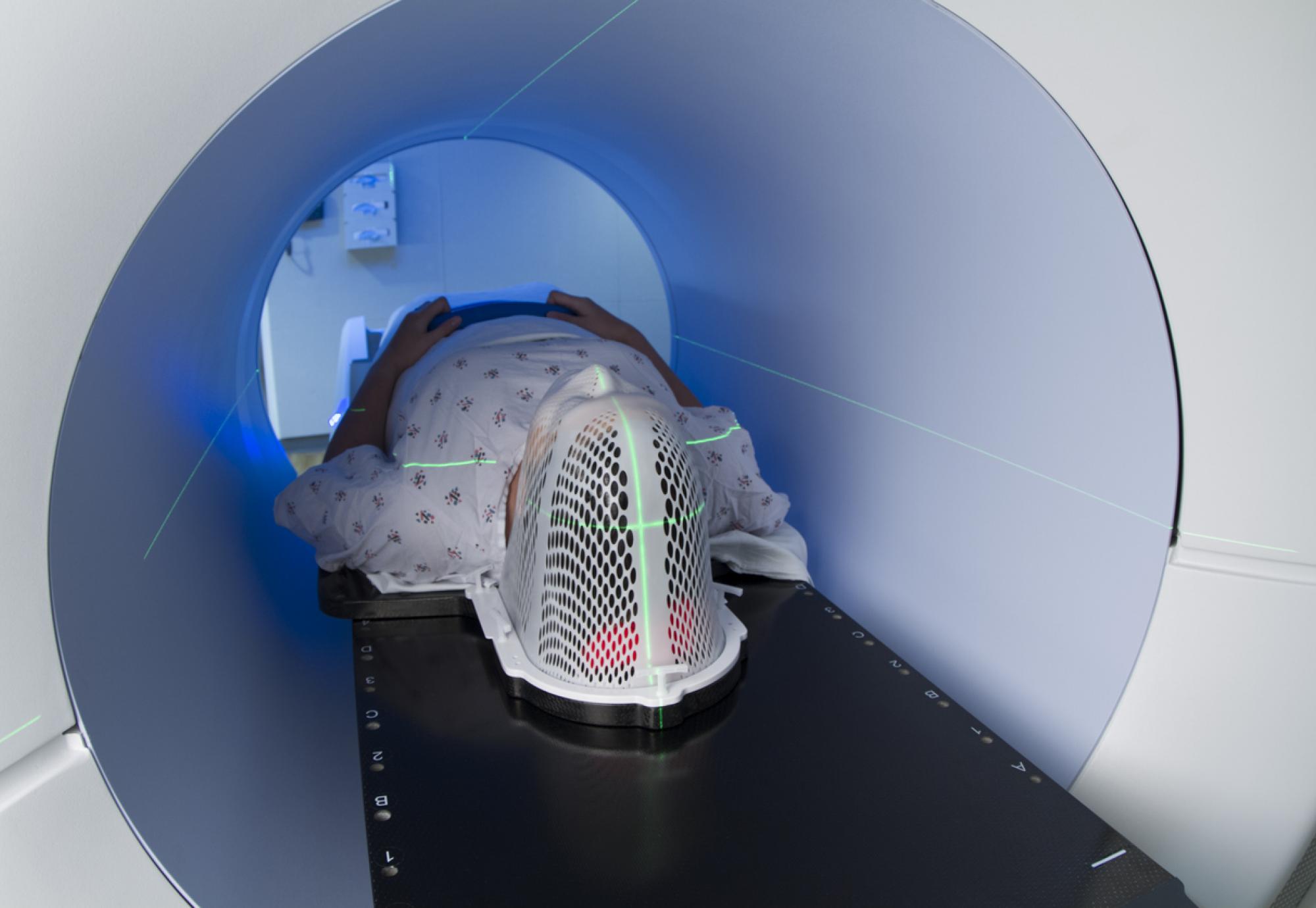Oncology experts from Guy’s and St Thomas’ and King’s College London have made a ground-breaking cancer research discovery, the NHS has announced.
With the help of international collaboration, health service researchers have found that a bacteria — Fusobacterium — can “melt” head and neck cancer cells.
They discovered that patients with higher levels of Fusobacterium, a bacteria commonly found in the mouth, had a better prognosis than patients with lower levels. In fact, researchers found that there was a 70-99% reduction in the number of viable cancer cells after a Fusobacterium infection.
“This research reveals that these bacteria play a more complex role than previously known in their relationship with cancer — that they essentially melt head and neck cancer cells,” explained Dr Miguel Reis Ferreira, consultant in head and neck cancers at Guy’s and St Thomas’ NHS Foundation Trust.

The researchers say the bacteria could act as a biomarker for the efficacy of future head and neck cancer treatments. Dr Ferreira added: “Next we want to better understand how we can translate this new knowledge into improvements in the treatment of patients with head and neck, and other cancers.”
Head and neck cancer is thought to be the eighth most common cancer in the UK, with nearly 13,000 new diagnoses each year, along with more than 4,000 deaths. There have been very few therapeutic advances in the last 20 years.
“Our findings are remarkable and very surprising,” said Dr Anjali Chander, senior clinical research fellow at King’s College London. “We had a eureka moment when we found that our international colleagues also found data that validated the discovery.”
The research was published in the Cancer Communications journal and funded by Guy’s Cancer Charity and Cancer Research UK.
Executive director at Guy’s Cancer Charity, Barbara Kasumu, added: “We are proud to support the ground-breaking research conducted by Miguel and Anjali, which aims to enhance our understanding of head and neck cancer and develop more compassionate and effective treatments.”
Image credit: iStock



















